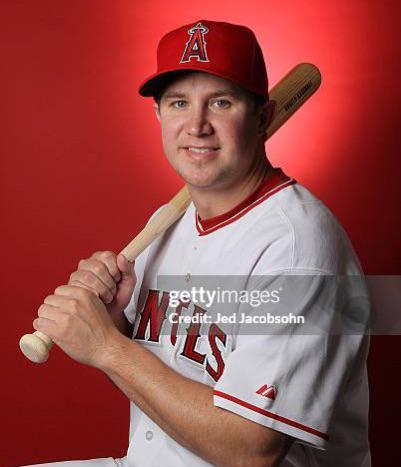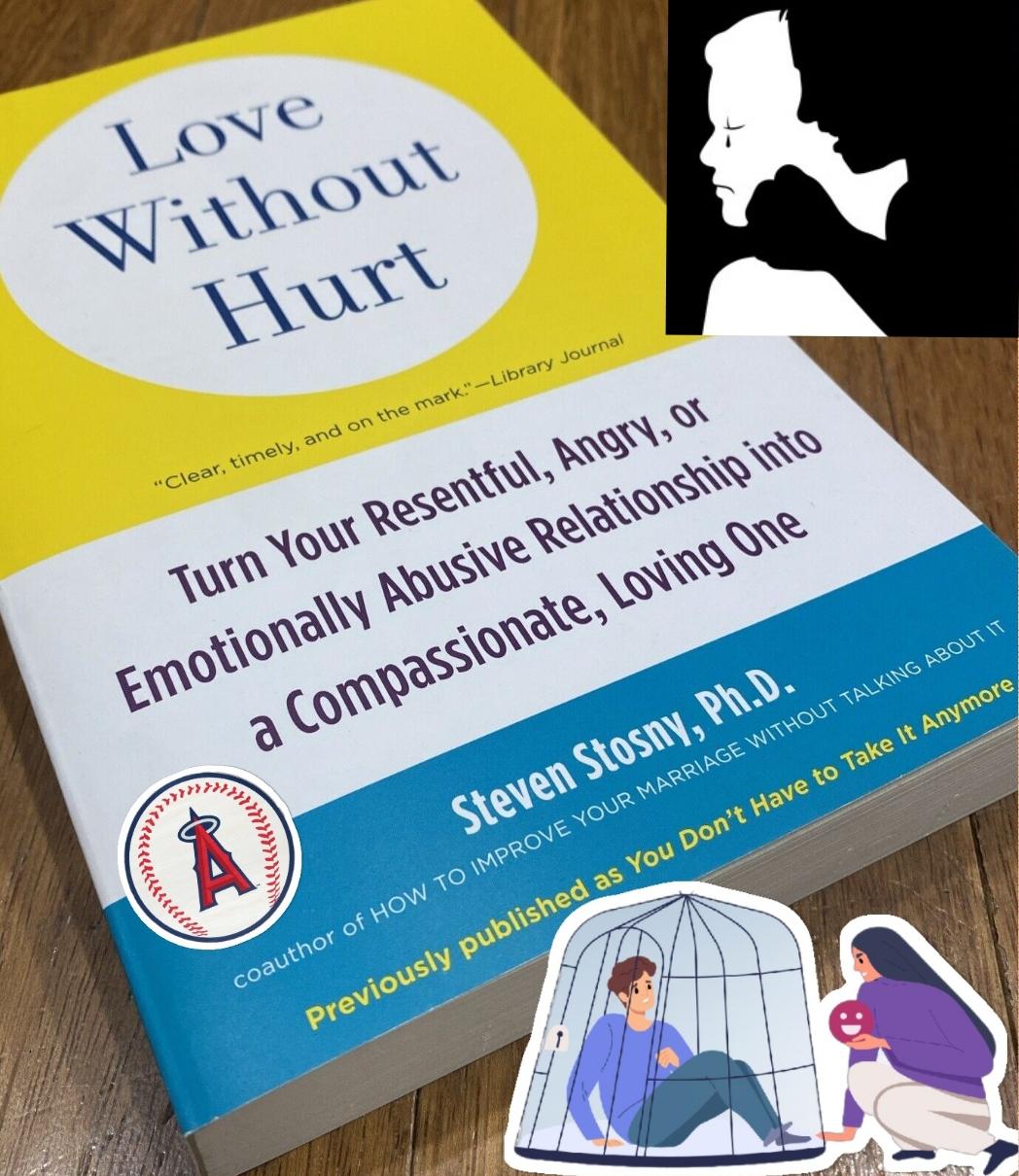Arte Moreno, who made his first billion in billboards and now owns the L.A. Angels, sat down with Forbes to discuss his investment failures and triumphs—and why there’s no such thing as owning too much real estate.
By John Hyatt, Forbes Staff
Arturo “Arte” Moreno is best known as the owner of the Los Angeles Angels baseball team, and for his trail-blazing career in advertising, which culminated in the 1999 sale of his billboard company to Infinity Broadcasting, a radio company owned by the CBS Corporation. Along the way, Moreno has diversified by investing in real estate, stocks and bonds and other assets, all of which now comprise roughly half of his $4.7 billion fortune.
He learned the value of money from a young age. Born in 1945, the oldest of 11 children, Moreno grew up in Tucson, Arizona where his father owned the city’s Spanish-language newspaper. He was drafted into the Vietnam War and served there before attending the University of Arizona on the G.I. Bill. He began his career at a small marketing firm, which was acquired by newspaper giant Gannet, where Moreno worked for more than a decade. As a young man on the make, Moreno cultivated his own investment side hustle, buying up undervalued apartments, fixing them up and renting them to tenants. Extra money, he’d invest in stocks.
The cornerstone of Moreno’s fortune was Outdoor Systems, a small billboard company that he cofounded in the early 1980s and ran as CEO before selling it in a $8.3 billion deal: $6.5 billion in stock and the assumption of $1.8 billion in company debt. Rich in CBS stock, Moreno sold some and plowed the proceeds into Phoenix real estate, followed by a $180 million deal for the then-Anaheim Angels in 2003. Twenty years later, Moreno’s Angels (he owns 100% of the team) is worth around $2.7 billion, according to Forbes’ just-published annual MLB rankings.
Moreno also has sizable holdings in commercial and residential real estate, blue-chip stocks that pay hefty dividends and, his asset of choice–at least for the time being–cash and short-term commercial paper. His investment philosophy: caution over hype. “I’m very conservative,” explains the baseball mogul. “And all my investing is very conservative.”
Forbes: How did you get your start in investing?
Arturo Moreno: Believe it or not, when I was in college I had an economics professor; he walked around with the New York Times all the time. He would play some games with us where we would have X amount of money and we would try to dissect a stock, look at the revenues, cash flow, PE [price to earnings], historical growth rates and so on. I also had a friend who had gotten out of college and was selling penny stocks. That’s what we would call it: Over the counter, low-priced stocks. That’s how I got my toe in the water.
When I got out of college, I went to work for an advertising company. They were public and they incentivized by giving me stock and some stock options, and I ended up always taking a portion of what I was earning and buying additional stock.
Forbes: What was your first investment?
Moreno: Probably my first real investment was when I came back from Vietnam and bought a two bedroom house for $20,000 on the G.I. Bill. I put down 5%, or $1,000. What happened was that one of my brothers and some friends offered to rent it from me. It also had a garage that I converted into a little studio and rented that out to a mailman. I ended up renting it out for like two and a half or three times what my payment was and I never moved in there. That was my first rental income property.
I then leveraged off that to buy other apartments. I had these small apartments that I fixed up and rented. I didn’t sell them. I was not a flipper. It was: Buy an asset, invest in it, clean it up, rent it, leverage off that, buy a couple more. By the time I was 30, I had about 80 units.
Forbes: How would you describe your investment strategy today?
Moreno: I love sports and to me, I always looked at the market like a game, an economic game which I liked. I think when you’re younger, you have more time and a little bit more [capacity for] risk. When I got married and had kids and started thinking about their education, I started being a little bit more conservative.
With the market changing all the time, you’re always trying to have as much flexibility as you can. I’ve always tried to look at Warren Buffett and where he got his education: The books and people Buffett studied under.
Forbes: What is your biggest investment triumph?
Moreno: I happen to have two. After about 11 years of working at Gannett, I left and moved back to Arizona and partnered with a gentleman on a small billboard company that we ended up growing. The first year we did about $900,000 in revenue. When we sold it to CBS, we were doing $500 million in cash flow Ebitda. We took the company basically from the ground up, grew it, acquired [other companies] and ended up as the largest billboard company in North America when we sold it.
My second is the Angels. I’d been in the baseball business with some friends with the minor league team, then I bought into a minority position with the Arizona Diamondbacks. In ‘03, I bought the Angels from Disney for $180 million. That was a really low price, but I was the high bidder. We were pretty much considered a small market, even though it was in Anaheim and the Los Angeles area. So I brought in some guys who had worked with me in the advertising business: marketing guys, management people. At the time, we were probably in the last five or six teams in revenue, media revenue, etc., and we’ve grown it to be top ten revenue and top ten attendance. We paid $180 million and we believe the value today is approximately $3 billion. To me, that would be my second big success.
Forbes: What assets are you buying in this environment?
Moreno: I operate on cash; I’m sitting on a lot of cash right now. We bought some real estate recently, 880 acres in the West Valley [of Phoenix]. It’s a long-term deal. I’m doing some of that stuff, where you can cherry pick what you want to buy.
There are some stocks in the market right now I like. They get banged up, but I like the asset and you can average down if you look at it that way. Pretty much everything I deal with has some type of return on it; some kind of dividend. If you look back a year ago, we had very low interest rates, like zero. So when you’re looking at a stock and not only do you really like the asset, but then they’re giving you a dividend, it’s such a bonus. You’re setting yourself up for potential stock growth, but you’re also receiving 3% to 4% annually.
I really try to stay by the book: I like to buy companies at around 15 times price-to-earnings. I have a couple strong positions in Amazon (AMZN), Alphabet (GOOGL) and Apple (AAPL). I’ve been buying Apple forever; every time it goes down, I buy more Apple. I also buy JPMorgan (JPM), which pays about 3% dividend. Another company I really like, and have been invested in for a long time, is Blackstone (BX). The multiple doesn’t fit in there because it’s high, but I just like their whole portfolio of assets.
I’m really pretty good about keeping diversified. But I really look at stocks that give you a good dividend. I look at a company that’s not generating any cash, has no dividend and has this crazy high PE multiple, and I just stay away. I think it’s for other people. It’s not for me.
Forbes: You’re also a big investor in real estate. What are your holdings there and why do you like that asset class?
Moreno: The way I was brought up is, if you’re lucky enough to buy a house and own a house, that should be your number one asset. It’s somewhere where you have your family and take care of your family. Prudential used to have a commercial that said, ‘You’re buying a piece of the rock.’
To me, real estate is limited. It’s very, very limited. And there’s always a value on it. If you buy it right, and you are leveraged properly on it, you can ride the ups and downs. People that overpay and don’t leverage it right put themselves in a trap.
Pretty much everything I have is in Phoenix. I have apartment buildings, which I really like because they generate revenue. Then I have some office space, which I would say is middle-type office space: Way more affordable. We try to keep our clients long term. During the pandemic we sat down with our tenants and worked out a deal for them to be able to stay there. What good is it for me to turn tenants out who are struggling to pay? I also have some shopping centers, with restaurants, groceries stores, stuff like that. Then I have some rural land for [future] residential development, which I’ve bought and held for a long time.
Forbes: What do you consider to be your biggest investment disappointment?
Moreno: When we sold Outdoor Systems, we sold it for stock. I then did two things. I bought the Angels, and I went into a real estate partnership on the westside of Phoenix. I put about $100 million into the real estate and a little less than $200 million into the baseball team, and I still had a lot of CBS stock and stock options. So I was exercising stock, and I really thought I knew the business well, but in 2008 and 2009 the market crashed. I thought I’d been conservative, but I still got my butt kicked pretty good.
What happened was the tax effect of exercising options. When you start selling stock to pay taxes, then you have to pay taxes on that stock. Then you have to sell more stock to pay those taxes. You end up in a Pac-Man situation, where your asset is getting eroded. I was leveraging my stock to pay taxes, so I was taking margin against my stock. My stock portfolio at the time was probably 75% or 80% of my wealth, and I had this leverage on it. I never put any debt on the team, and the real estate I had no debt. I was dealing with my CBS stock and other investments. With margins, [in 2008] I was getting a call every day to pay it down. So I called my broker who worked in New York and told him, “There is blood in the water. We need to start dumping fast.” I had a target of how much cash I wanted to have left; I got out with a good amount of cash, but I got a pretty good ass-whooping.
Forbes: How did that impact your investment philosophy?
Moreno: When I came out of there, I had no debt. The beauty of my other assets was they had no debt on them. So I had some cash and I held some stocks, but I was in a cash position and everybody had just got hammered, so I went to the banks and started buying distressed real estate: apartment buildings–mostly apartments–and some office space. I really had an opportunity in 2011 and 2012, because I was in this cash position.
In the last seven, eight years, I have had no debt. If I can’t pay cash, I don’t buy it. I got debt averse–to a fault. Because there’s been some good opportunities. But I didn’t want to go back to leverage.
Forbes: What investment advice would you give your 20-year-old self?
Moreno: Buy more real estate. It’s a hard asset. There’s only X amount made.
Forbes: What do you think is the biggest risk facing investors today?
Moreno: I always think the biggest risk people have is leverage.
Forbes: Thank you.
Excerpted from Forbes Billionaire Investor.
MORE FROM FORBES
MORE FROM FORBESStartup Bobbie Proves There’s Profit In Baby Formula Despite The Dominance Of Industry GiantsBy Maggie McGrathMORE FROM FORBESBillionaire’s Deal Of A Lifetime: Can David Adelman Build An NBA Arena In Center City Philadelphia?By Jabari YoungMORE FROM FORBESA Record $3.4 Billion Haul For The World’s 50 Highest-Paid AthletesBy Brett KnightMORE FROM FORBESThe Great Yield Chase: Why A Trillion Has Fled Traditional Bank AccountsBy Emily MasonMORE FROM FORBESPlenty More Retailers Will Go Bankrupt This Year. The Only Surprise Is It Didn’t Happen Sooner.By Lauren Debter




